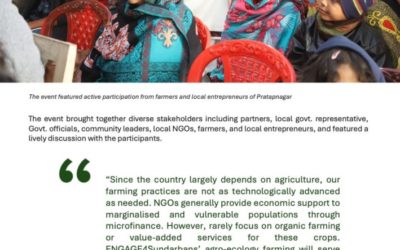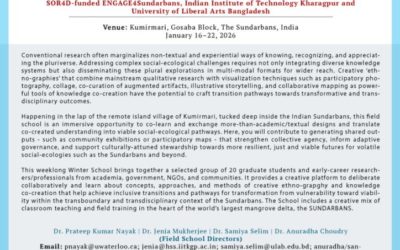The inhabitants of the tidally active lower deltaic plain of the Ganges-Brahmaputra-Meghna basin adjacent to the Sundarbans Mangrove Forest in India and Bangladesh are highly exposed to multiple risks, including cyclones, salinization, pandemics, and socioeconomic marginalization.
While exposure to these hazards has built local resilience and relevant knowledge to interact within this particular social-ecological system, climate change and state interventions represent ongoing challenges for local communities.
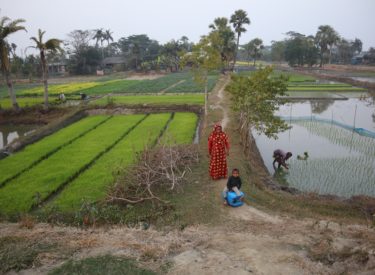
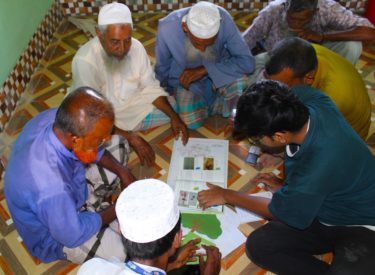

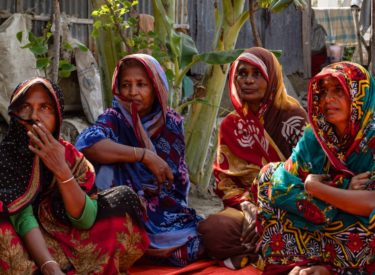
THE PROJECT
The project “Social resilience in the Sundarbans” aims at understanding plural accounts and interpretations of the Sundarbans’ ‘riskscape’ produced by state and non-governmental actors and diverse members of the local communities. It seeks to support situated adaptive practices that enhance social resilience through experiments in inland fishing and integrated farming based on transdisciplinary engagement across the political boundaries of the Sundarbans.
AGRO-ECOLOGICAL EXPERIMENTS
Recent News & Events
Inauguration of Crop-processing Facility
ENGAGE event report (1) SAJIDA Foundation and the University of Liberal Arts Bangladesh jointly organised an inauguration event for a crop-processing facility and a solar-powered irrigation system under the ENGAGE4Sundarbans project in Pratapnagar, Satkhira, on 30...
3d Sundarbans winter field School
The 3rd Sundarbans field school will take place from the 16th to the 22d of January 2026. TRANSBOUNDARY, TRANSDISCIPLINARITY, TRANSFORMATION THROUGH TRANSITIONS (4T) Creative Ethno-grapghies and Knowledge Co-creation for Viable Social-Ecologies V2V Global Partnership,...
E4S receives label from LIVING RIVERS initiative
ENGAGE4 Sundarbans receives LIVING WITH RIVERS LABEL “A Label that speaks of possibilities and shares enthusiasm!” Erik Orsenna, IGFR President In line with the first international action, Living with Rivers 2022, IFGR is continuing to promote actions in the field...
While the conventional approach of climate change adaptation in the Sundarbans relies on top-down technical solutions and the managed relocation of communities, our ‘living lab’ experimentations build on existing situated adaptive practices with the goals to enhance social resilience, reduce multiple risks and provide alternatives to outmigration.
PROJECT’S LOCATION
Implementation partners





FOLLOW US
Funded by








